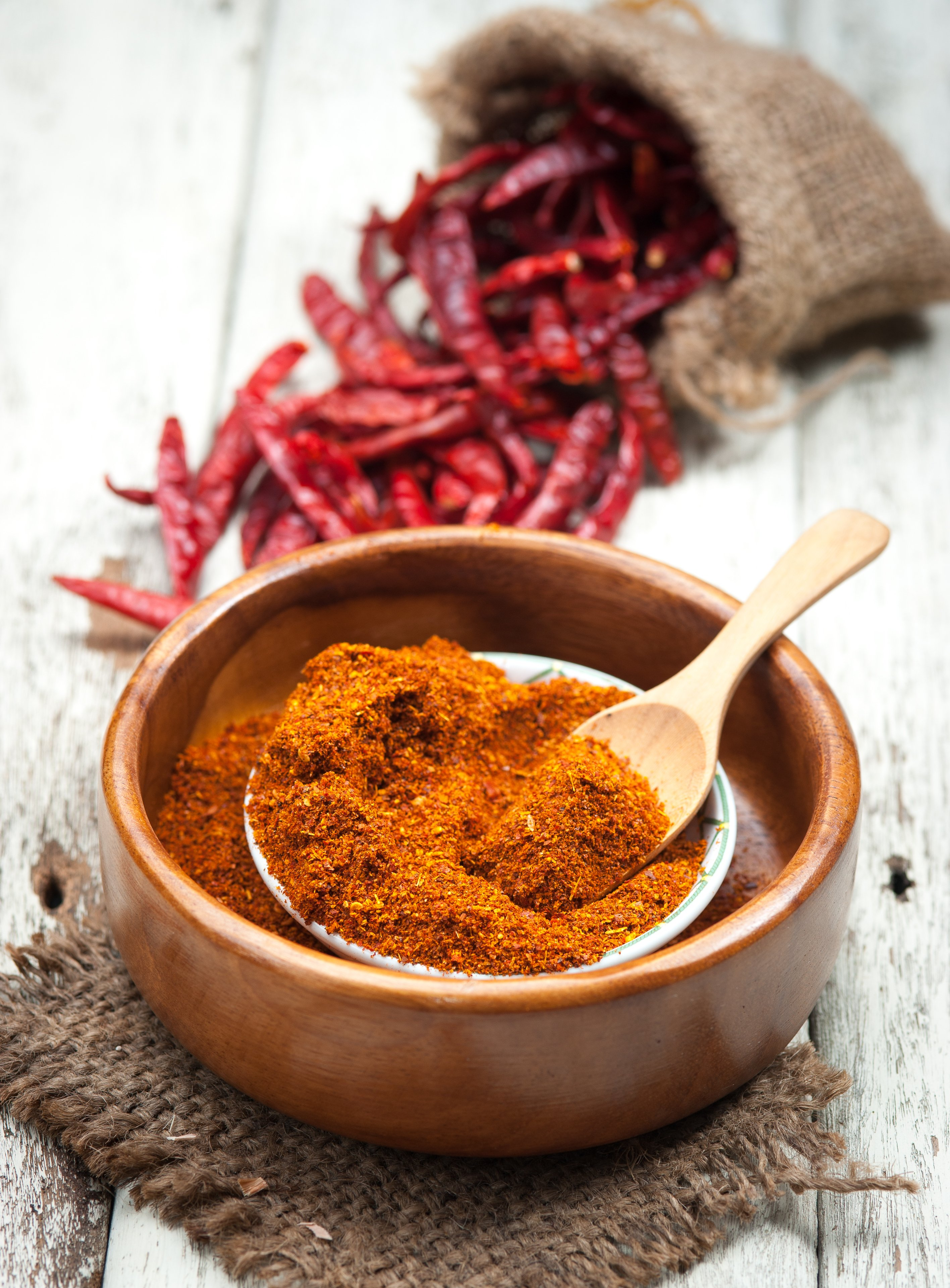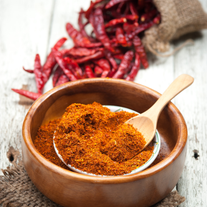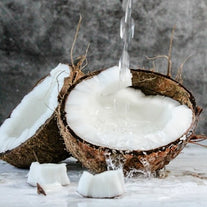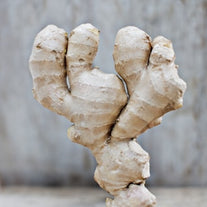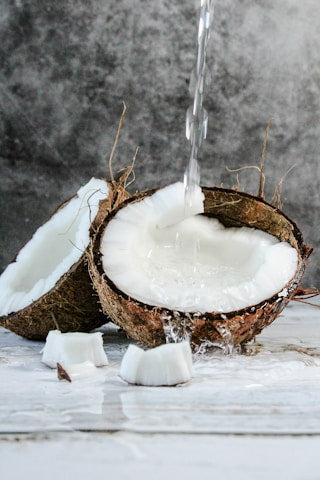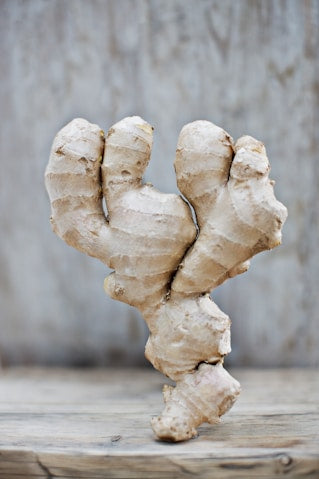Health Benefits of Cayenne
Metabolism Maestro
Capsaicin in cayenne increases thermogenesis, boosting post-meal calorie burn by up to 50 kcal per day and reducing appetite in short-term trials. These effects can support weight-management goals when combined with balanced meals and regular activity.
Blood Pressure Support
Clinical studies show capsaicin promotes nitric oxide release, relaxing vessel walls and improving circulation. A six-week trial reported modest systolic blood-pressure reductions in adults consuming daily capsaicin supplements.
Digestive Well-Being
Cayenne‘s capsaicin stimulates saliva, gastric juices, and digestive enzymes, aiding nutrient breakdown. Regular, moderate intake protects the stomach lining by increasing mucosal blood flow and defensive prostaglandins, which may reduce ulcer risk.
Anti-Inflammatory and Antioxidant Action
The capsaicin in cayenne blocks substance P, a neuropeptide that transmits inflammation and pain signals. In short-term studies, oral capsaicin has lowered inflammatory markers like C-reactive protein. Vitamins A, C, and E in cayenne add antioxidant strength, neutralizing free radicals that damage cells.
Natural Pain Relief and Recovery
Something spicy might not seem like a natural choice for pain relief, but cayenne is an exception. Topical capsaicin creams are approved for nerve pain from shingles and arthritis by depleting substance P. Orally, capsaicin’s anti-inflammatory effects help ease post-exercise soreness, making it a go-to for athletes seeking natural relief and faster recovery.
Immune and Respiratory Support
Let the spice help you breathe nice. Vitamin C in cayenne boosts antibody production and white-blood-cell function, supporting immune resilience and overall wellness. The heat thins mucus, promoting nasal drainage and clearing airways during colds or sinus congestion.
Why Cayenne Make the Perfect Juice Ingredient?
Forget bland green blends! A dash of cayenne transforms cold pressed juices into vibrant elixirs. Its natural heat awakens flavors, so you can use less fruit sugar. High-water-content ingredients, like cucumber or watermelon, mix smoothly with the powder, and capsaicin remains stable in cold-press extractions. The result is a revitalizing drink that supports circulation, metabolism, and immunity… Perfect for morning rituals or post-workout refreshment.
Conveniently and fittingly named Fireball, this cold pressed juice blends cayenne with other bold ingredients like cracked pepper, ginger, lemon, and turmeric. It’s meant to be insanely flavor-packed and good for you!
How to Incorporate Cayenne into Your Diet?
Try these quick ideas:
- Use for all-around seasoning. Cayenne is a spice, after all!
- Spice up sauces and marinades with a controlled kick of cayenne and skip the hot sauce.
- Cayenne? With fruits? Absolutely!
Or do like we do and add cayenne to fruity and veggie-ful blends. Get ready to turn up the heat!
Is Cayenne for Everyone? The Yes’s and No’s?
Yes, if…
- You want to help out your metabolism.
- You want to manage your weight.
- You loved all the benefits we mentioned up above!
No if…
- You have acid reflux or peptic ulcers. Best to skip!
- You have IBS (irritable bowel syndrome).
Remember. Cayenne is a spice. If it fights back, ask a medical professional.
References

